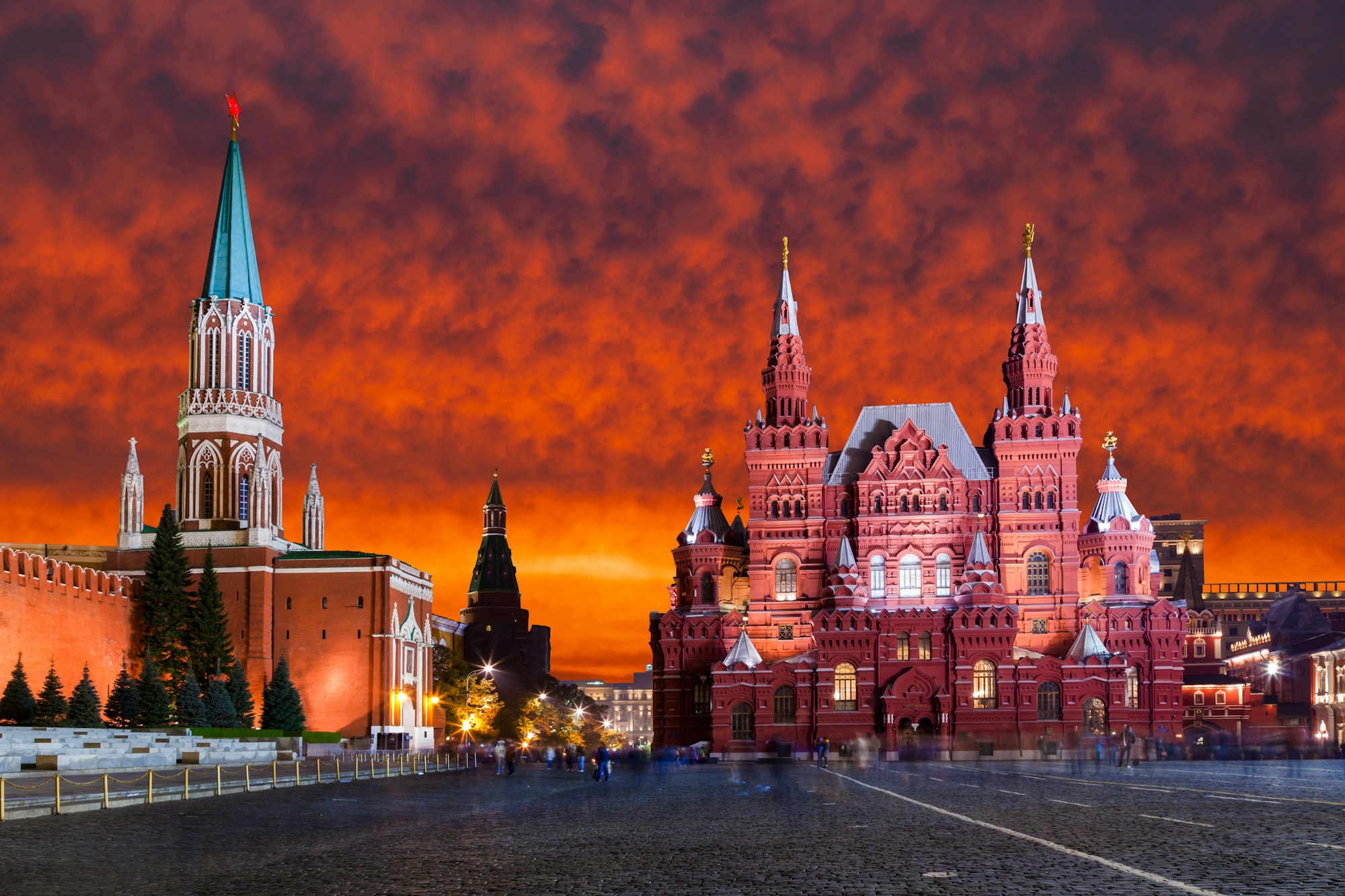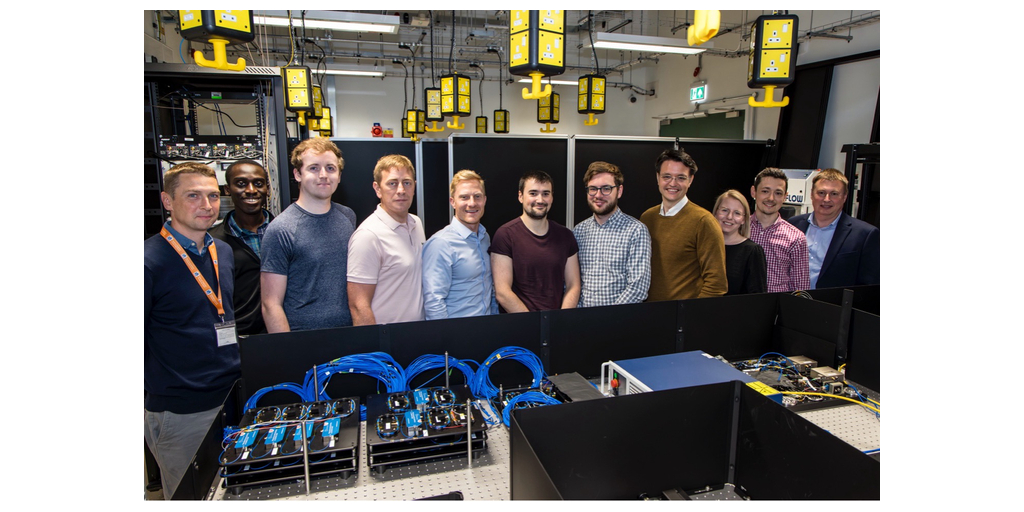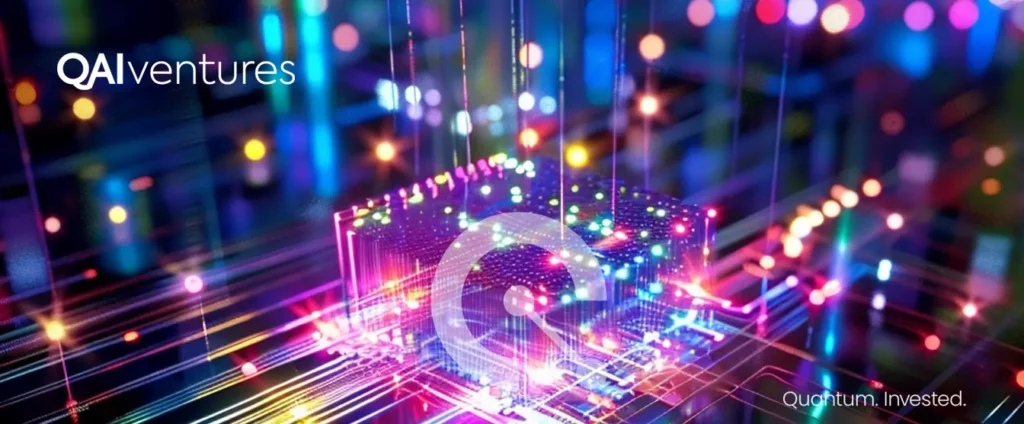Insider Brief
- A Russian scientific advisor told the country’s media service that the team has successfully developed a 20-qubit quantum computer.
- They also told the media service that they have plans to up the qubit number to “50 to 100” qubits.
- The scientists believe they can have a 50-qubit quantum computer at the end of the year.
Russia scientists told the country’s media service that the team has successfully developed a 20-qubit quantum computer and have plans to up the qubit number to “50 to 100” qubits. The news reveals the country’s ongoing advancements in this cutting-edge field.
Ruslan Yunusov, an advisor to the CEO of Rosatom, shared information on the development in an interview with TASS, the Russian News Agency. This achievement surpasses the previously showcased 16-qubit ion-based quantum computer demonstrated to Russian President Vladimir Putin in 2023, marking a new milestone in Russia’s quantum computing capabilities.
During the 2023 demonstration, a molecule calculation algorithm was executed on the 16-qubit system through a cloud platform, showcasing the most powerful quantum computer in Russia at the time. Yunusov’s announcement not only highlights the completion of the 20-qubit quantum computer but also sheds light on a 25-qubit machine built on a what Yunusov termed a “nuclear platform,” suggesting a broader and more ambitious quantum computing roadmap.
“We have developed a 20-qubit quantum computer as part of the roadmap on quantum computations. We implemented it on an ion platform. We also have a 25-qubit computer on a nuclear platform. We have plans [for computers] from 50 to 100 qubits. We be [sic] able to make a 50 [qubit computer] by the end of this year,” Yunusov told TASS.

This roadmap underscores Russia’s aspirations to scale up their quantum computing capabilities rapidly, with expectations to unveil a 50-qubit computer by the year’s end. Such advancements are pivotal, as quantum computers hold the promise of solving complex problems far beyond the reach of today’s most powerful supercomputers, from drug discovery to optimizing logistics and beyond.
In a previous article on The Quantum Insider, Russian scientists revealed the progress of their quantum computing program to , Russian President Vladimir Putin at an event, demonstrating their 16-qubit device, a project of the Lebedev Physical Institute of the Russian Academy of Sciences and the Russian Quantum Center (RQC). The program stretched back to work dating back to 2015. Initially part of a project to build a quantum clock for GLONASS, Russia’s global positioning system, this early research laid the groundwork for the quantum computers now being developed.
In 2021, Russian government announced that it would invest $790 million in quantum computing research over the next five years. They said at the time that this investment was part of a larger effort by Russia to develop its technological capabilities and become a leader in the global economy.
Ilya Semerikov, a researcher at the LPI Laboratory of Optics of Complex Quantum Systems, highlighted the pragmatic approach to their quantum computing efforts, stating, “Our quantum computer, which is important, is already doing useful things – modeling molecules, and is not engaged in scientific abstraction.”
This development not only marks Russia’s strides in quantum technology but is just another piece of evidence of the growing global race towards realizing the full potential of quantum computing.
For more market insights, check out our latest quantum computing news here.




















